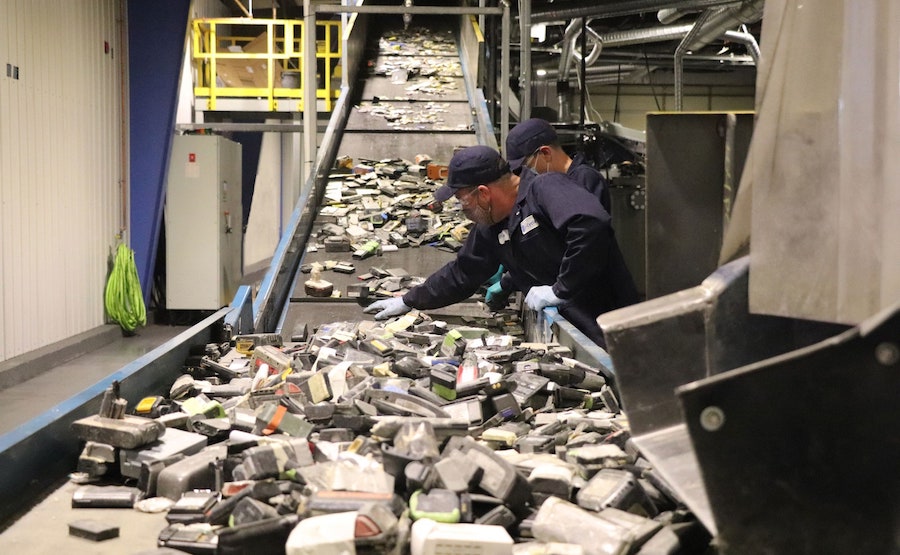The news follow an announcement earlier this week by Canadian battery recycling company, Li-Cycle Corp, which is going public amid expectations of surging future demand for recycled batteries.
The Ontario-based business is raising cash for global expansion by going public on the New York Stock Exchange in a deal that values it at $1.7billion.
“While we think re-use and recycling of lithium-ion batteries will certainly grow in relevance over the coming years (almost tenfold from current levels through 2030) momentum here will take some time to build,” BMO analysts Colin Hamilton and Alexander Pearce wrote in a note to investors.
Marubeni has been growing its presence in the battery metals sector, especially after acquiring exclusive sales rights to Zambian cobalt in Japan.
Retriev brings to the partnership experience in recycling lithium batteries for over 20 years, time during which it has processed over 25 million pounds of batteries.
“Second life” profit elusive
About 1.2 million tonnes of batteries are expected to end their life cycle in 2025. The figure is would reach 3.5 million tonnes in 2030, according to market research firm IHS Markit.
A Boston Consulting Group study published last year found the economics of EV battery recycling at scale are attractive. Generating profits from reuse— known as “second life” applications — is expected to be much harder.
“We believe that direct-to-recycling is likely to be the favored route in the circular economy in the near term,” the report said.
BCG believes that despite the availability of used EV batteries and demand for energy storage solutions, second-life batteries are unlikely to represent an important share of the power supply market for the foreseeable future.




